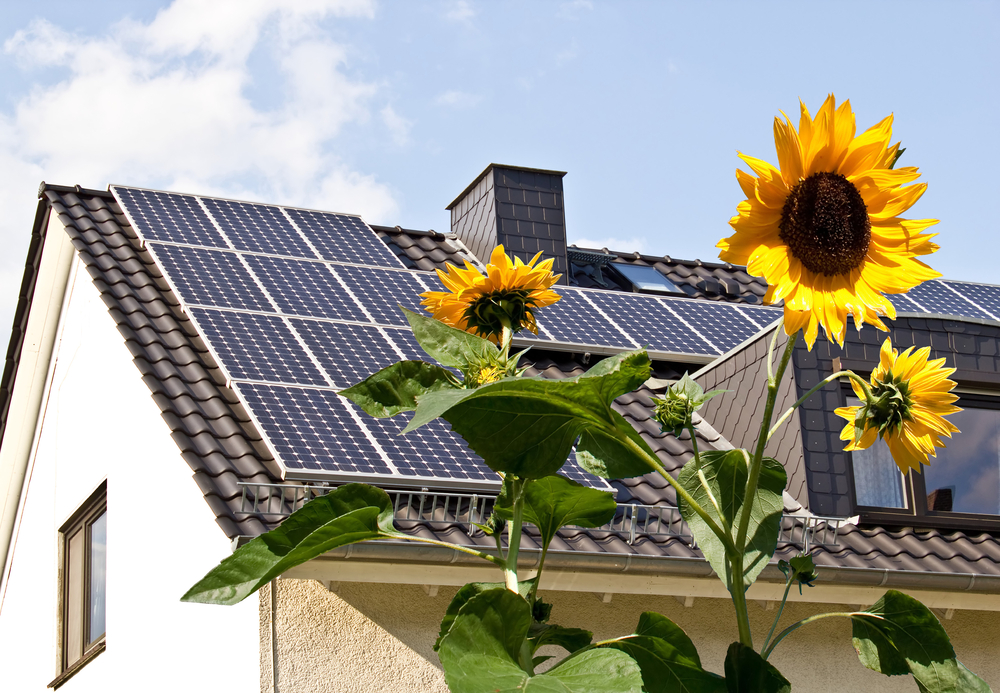Share This
Related Posts
Tags
CA’s New Solar Panel Law
By Anca Gagiuc on Aug 18, 2018 in Technology
Not long ago, California became the first state to require that all new homes have solar power: single-family and multifamily properties alike. The rule is part of the state’s commitment to cut greenhouse gases. It will go into effect in the next two years.
Under the new law, developers must either equip individual homes with solar panels or build a shared solar-power system serving a group of homes. The rooftop panels can either be owned or made available for lease on a monthly basis. But are they covered by an insurance policy? 
Insuring the Vision
Here’s what the folks at the Insurance Information Institute have put together:
Most solar panels are considered a permanent attachment (like a deck) and thus are protected by a homeowner’s policy. However, check with your insurance company to know for sure. Another thing to consider is the coverage amount—your insurance policy’s coverage limit is the maximum amount that will be paid toward covering a loss. Ensure you have the adequate coverage limit, because despite the significant contraction in the cost of solar panels, it’s still not negligible.
Your premiums will suffer. Some carriers allow solar energy systems owners to purchase an optional endorsement just for the panels. Others include the coverage in the dwelling coverage (coverage A) if the panels are on the roof of the home or under coverage B if the panels are on the ground or on the roof of a detached structure.
Leasing the solar panels can make a big difference in your policy: if you install a system with a lease or power purchase agreement (PPA), you are not the owner of the system. In this case, the company with whom you have the agreement owns the panels and is responsible for their maintenance. You won’t have to worry about your home insurance covering solar panels.
New Challenges for Fire Departments
There are some other risks associated with solar panels of which you should be aware. If a home catches fire, solar panels are a real challenge for firefighters. The photo-voltaic arrays have an increased risk of electrocutions, slips and falls.
“As solar-power systems continue to proliferate, the likelihood of firefighters encountering them at a structural fire will similarly increase,” is stated in a study by the Fore Protection Research Foundation in 2013. “There isn’t really a place to send first responders for hands-on practice with any emergency that has to do with solar panels,” added assistant fire chief David Klee.
As a result, fire departments are implementing new programs to learn how to handle solar panels.
